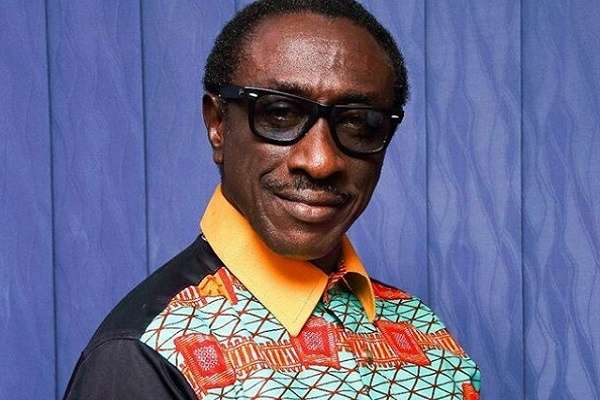In contemporary society, the chasm between generations has become increasingly pronounced, with the youth often expressing frustration over the perceived failures of the older generation.
This discontent stems from various systemic issues, including environmental degradation, economic instability, and social inequities.
The older generation’s inability to build sustainable systems, economic, environmental, or social, has left the youth grappling with the consequences.
Veteran Ghanaian comedian and media personality, Kwaku Sintim-Misa, popularly known as KSM, has lamented the failure of the older generation to build sustainable systems that would benefit the youth.
KSM emphasized that every responsible generation must enhance what they inherit and pass on a better legacy to future generations. “Our passing generation has been irresponsible because we have not been able to leave you any legacy,” he said.
He highlighted the purpose of a responsible generation to improve inherited structures and hand over something stronger.
However, he observed that the current generation has, instead, damaged what it inherited, leaving the youth with a weakened legacy.
“The duty of every responsible generation is that whatever your generation inherits, you do two things; you improve it, you make it better so that you can hand over to the next generation something better than you inherited. But we are in this country where we inherit something, and not only do we leave it where we inherited it; we damage it.”
KSM
The older generation’s reliance on fossil fuels and unsustainable agricultural practices has contributed to climate change, biodiversity loss, and environmental degradation.
Despite overwhelming scientific evidence, many leaders have failed to enact policies that would mitigate these issues, often prioritizing economic growth over ecological health.
Economic systems established by previous generations have also failed to provide a stable foundation for the youth. The rise of gig economies, stagnant wages, and soaring student debt are just a few of the challenges faced by young adults today.
Social systems, too, have not evolved to meet the needs of younger generations. Issues such as systemic racism, gender inequality, and LGBTQ+ rights have persisted, often unaddressed by those in power.
Bridging the Generational Divide

While the failures of the older generation are significant, it is crucial to foster dialogue and collaboration between generations.
Bridging the divide requires acknowledging past mistakes and working together to create sustainable systems that benefit all.
KSM expressed frustration over the actions of current leaders, which he describes as ‘ridiculous’, noting the substantial debt burden left for younger generations with no tangible assets or systems in place to manage it.
“We do ridiculous things. I mean, if I was going to say things, it would sound like I was insulting somebody. The fooling is too much. There’s too much fooling in this country, folks, and it hurts me because the youth that we are suffering leave a legacy for the children and our children’s children.”
KSM
KSM called on the older generation to stop the “fooling” and start implementing meaningful changes to create a better future for the youth. “Start thinking twice. Stop the fooling, folks,” he urged.
Young people must be involved in policymaking processes. Their voices should be amplified in discussions about climate action, economic reform, and social justice. Engaging youth in decision-making leads to more equitable and sustainable outcomes.
A reevaluation of educational systems is necessary to ensure that they meet the needs of today’s youth. Incorporating experiential learning, critical thinking, and social-emotional skills into curricula better prepare students for the future.
The failure of the older generation to build sustainable systems has left a legacy of challenges for today’s youth. However, this generational divide also presents an opportunity for growth and collaboration.
By acknowledging past mistakes and working together, both generations create a more sustainable, equitable, and just world.
The youth are not merely inheritors of the systems established by their predecessors; they are active agents of change, capable of reshaping the future.
It is imperative that the older generation recognizes this potential and supports the youth in their quest for a better tomorrow.
READ ALSO: EC Addresses Concerns Over Provision of Voter Register Summaries



















